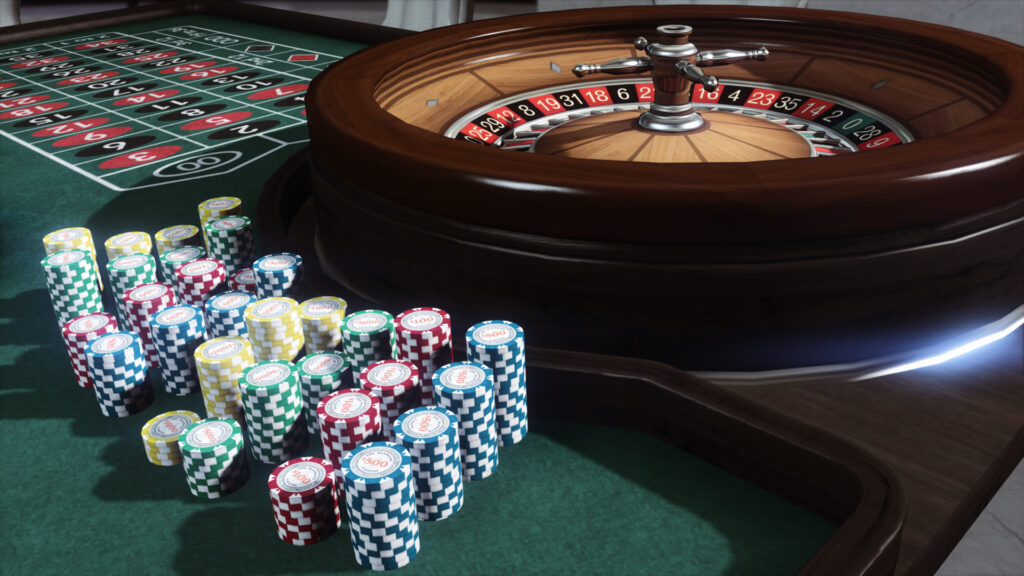Blackjack, also known as 21, has a rich history and has undergone significant evolution to become a staple in modern casinos. The game’s origins can be traced back to France in the 1700s, where it was called Vingt-et-Un 21. It gained popularity across Europe before crossing the Atlantic to America, where it evolved into the version we recognize today. This evolution was influenced by both cultural shifts and strategic innovations that have made blackjack one of the most popular and enduring card games in the world. In the early 20th century, blackjack became a prominent fixture in American casinos, particularly in Nevada, which was the first state to legalize gambling. The game’s appeal grew as it offered a unique combination of luck, skill, and strategy. Unlike many other casino games, blackjack provided players with a sense of agency, as their decisions directly affected the outcome. This player engagement fostered a dedicated following, leading to the development of various strategies and systems aimed at improving the odds.

The 1960s marked a pivotal moment in blackjack history with the publication of Edward O. Thorp’s book, Beat the Dealer. Thorp’s work introduced the concept of card counting, a mathematical strategy that could give players a significant edge over the house. This revelation transformed blackjack from a simple gambling game into a game of skill, drawing in mathematically inclined players and altering the landscape of casino gaming. Casinos responded by implementing measures such as multiple decks and frequent shuffling to counteract card counting, but the fundamental allure of blackjack as a beatable game remained. The advent of online casinos in the late 1990s and early 2000s brought another wave of transformation. Blackjack, like many other casino games, transitioned to digital platforms, making it accessible to a global audience. Online casinos offered numerous variants of blackjack, catering to diverse preferences and skill levels. This digital shift also led to the introduction of live dealer blackjack, where players could experience the thrill of a physical casino from the comfort of their homes.
Live dealer games used real-time video streaming to allow players to interact with human dealers, preserving the social aspect of the game. In modern casinos, both physical and virtual, online balckjack continues to thrive. The game has adapted to technological advancements, with electronic blackjack tables and mobile apps providing convenience and new gaming experiences. Casino resorts often feature high-stakes blackjack tournaments, attracting professional players and enthusiasts alike. Moreover, the game’s rules and payouts have evolved, with variations like Spanish 21, Blackjack Switch, and Pontoon offering fresh challenges and keeping the game exciting for seasoned players. The evolution of blackjack in modern casinos reflects a blend of tradition and innovation. From its early days in French gambling halls to the high-tech environments of today’s casinos, blackjack has continually adapted to changing times while maintaining its core appeal. Its blend of strategy, skill, and luck ensures that blackjack remains a timeless favorite, captivating new generations of players and retaining its status as a casino classic.
